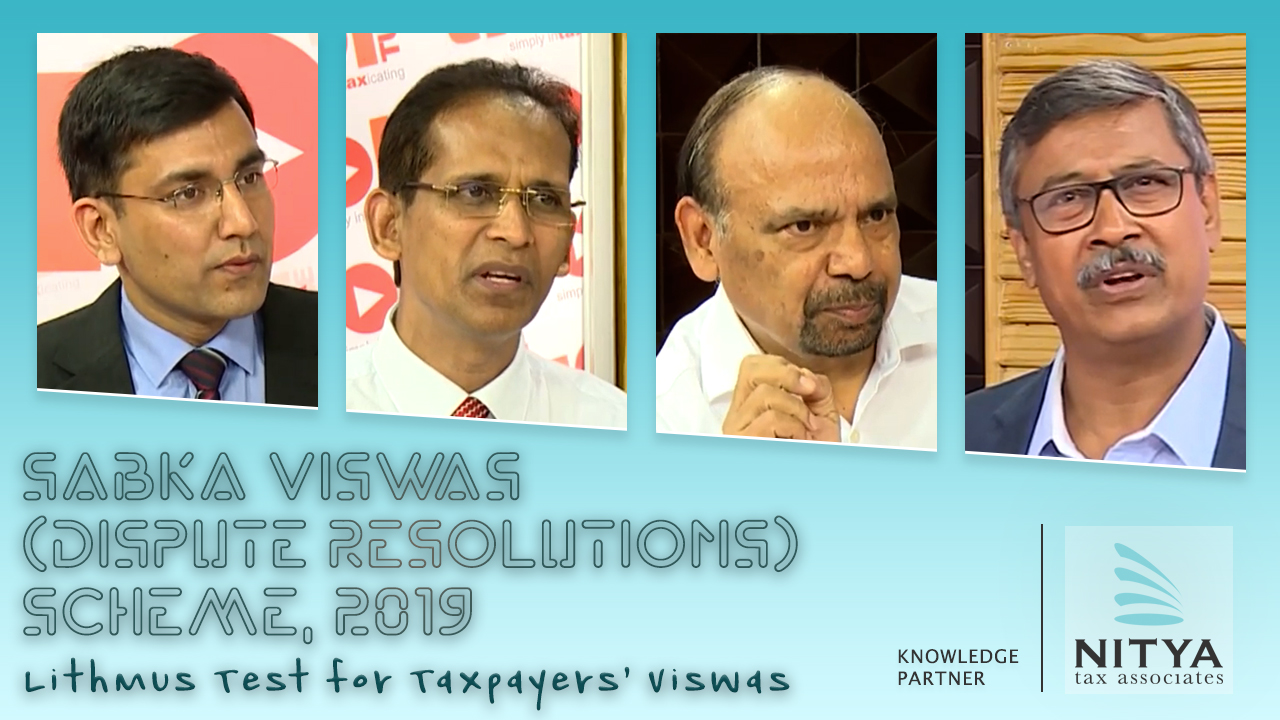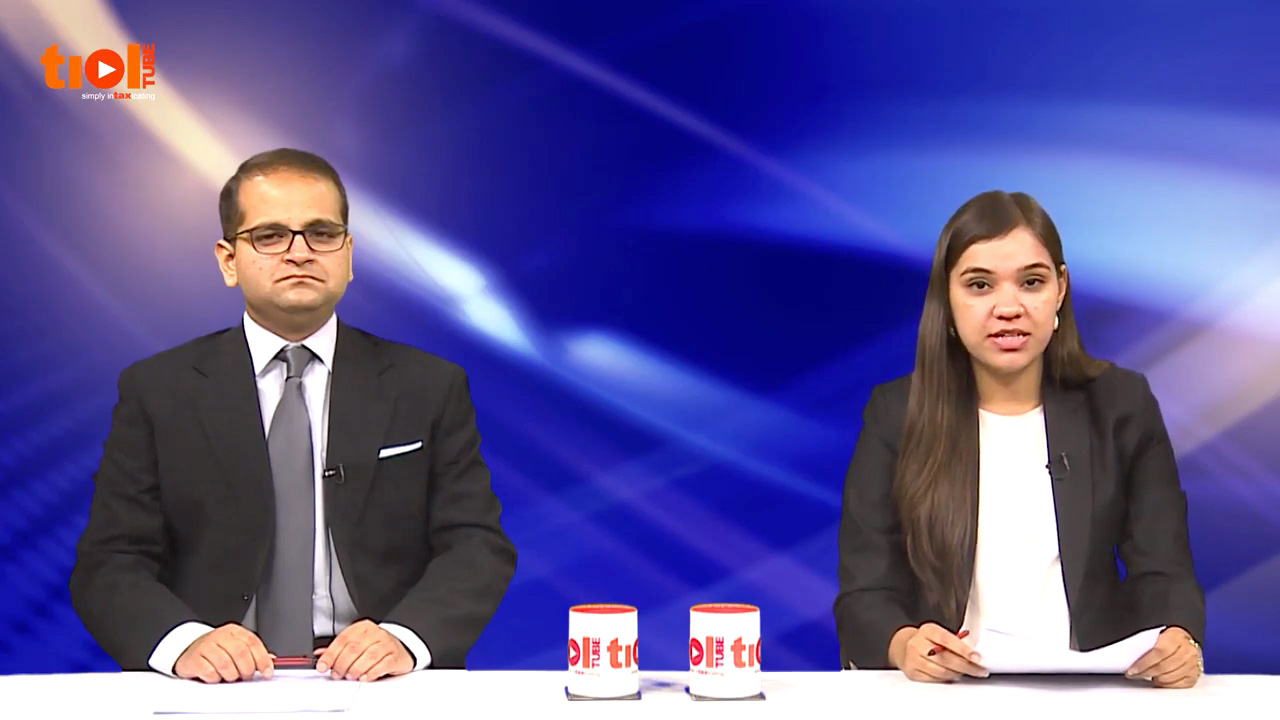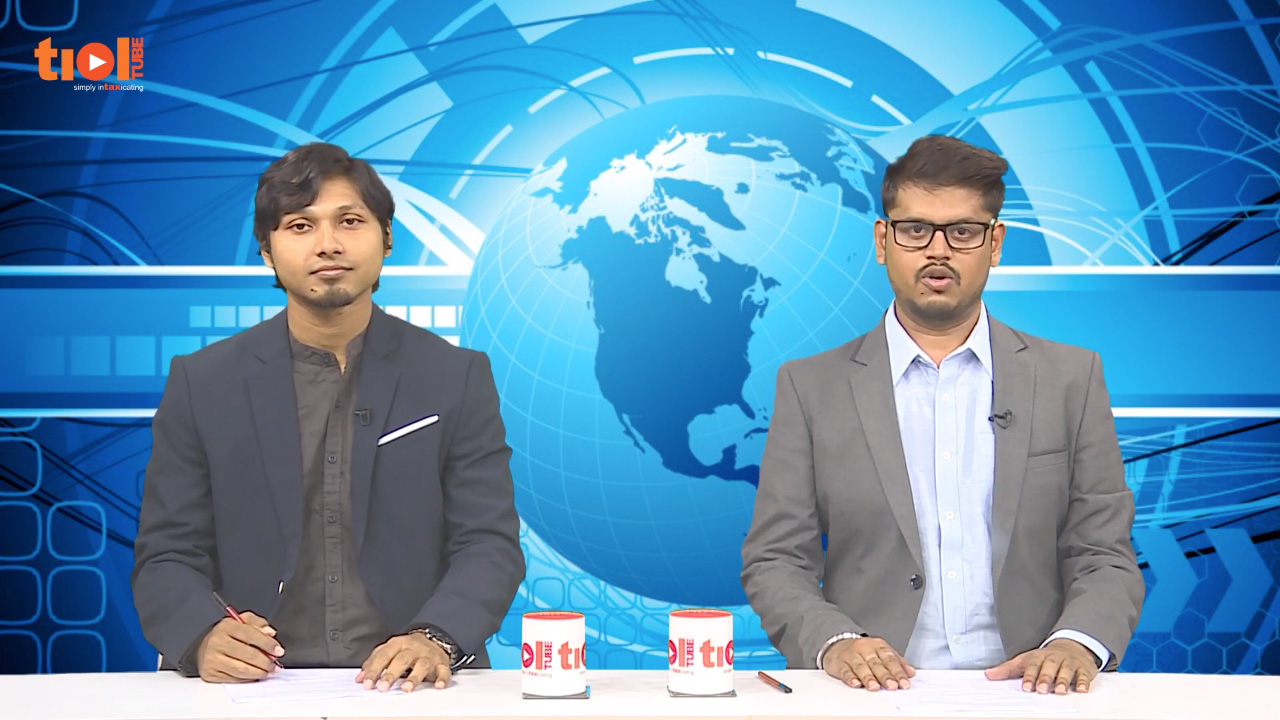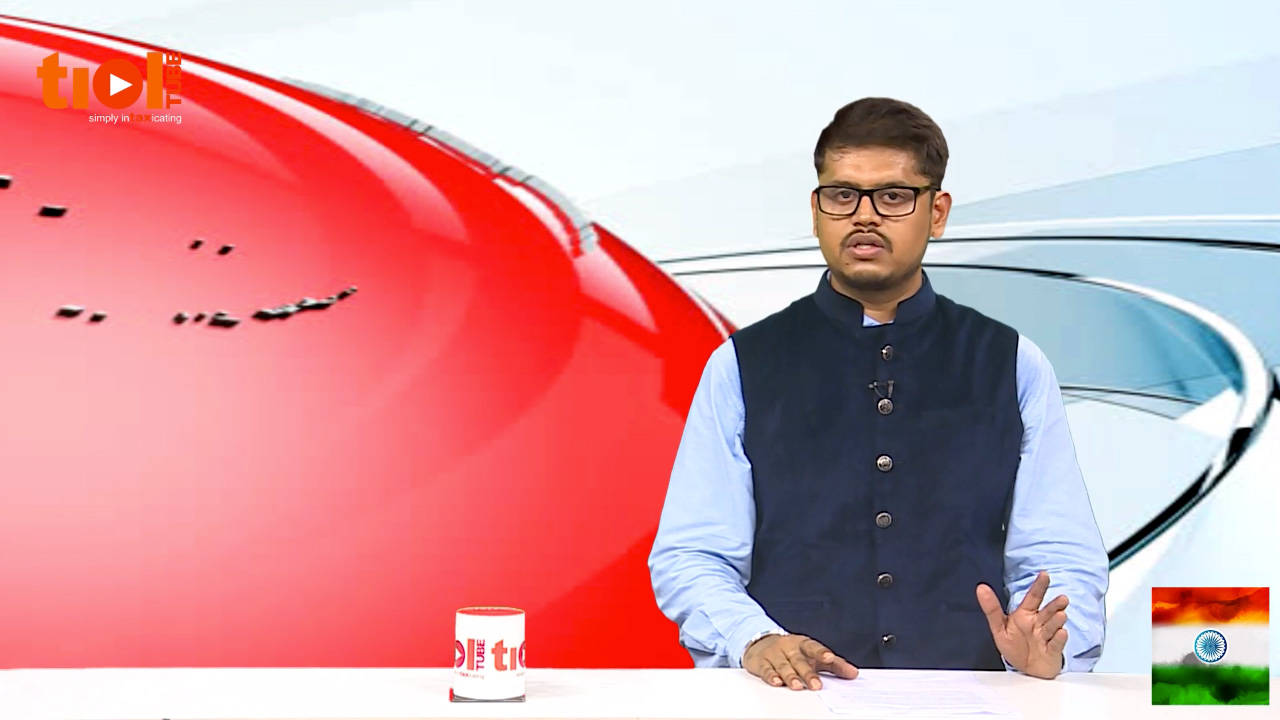|
SERVICE TAX
2019-TIOL-2532-CESTAT-MUM
Apax Partners India Advisers Pvt Ltd Vs CCGST
ST - Rule 5 of CCR - CENVAT credit accumulated during export of service - Rejection of refund claim on Air Travel Agent services - appealto CESTAT.
HELD: Observation of Commissioner (Appeals) that the appellant could not produce required documents before the adjudicating authority is un-supported by factual reality - it is found that appellant had produced the required Chartered Accountant's certificate in compliance to defect memo -moreover, exclusion clause available in 2(l) of CCR clearly mentioned that travel benefits extended to employees on vacation such as leave or home travel concession are only excluded from the purview of availment of CENVAT credit and services which are used primarily for personal use or consumption of any employee is also excluded -in other words, services which are related to the output services are not excluded by this definition- appellant is eligible for CENVAT credit of Rs.1.79 lakh availed towards travel agent service and eligible to get such refund - respondent department is directed to release the said refund with applicable interest : CESTAT [para 4, 5, 6]
- Appeal allowed: MUMBAI CESTAT
2019-TIOL-2529-CESTAT-ALL
Bhardwaj Security Services Pvt Ltd Vs CCE
ST - The issue in this appeal is whether the assessee is liable to pay service tax on the amount of EPF and ESI contribution which are reimbursed to them in the course of providing security agency services to their clients - It appeared to Revenue that the amount of PF and ESI or minimum wages do not fall within the category of statutory taxes as such contribution or benefit falls directly within entries 23 and 24 of List III of the Constitution of India and they did not appear to be eligible for any abatement on this account from the cost or gross amount charged and realized - Accordingly, the SCN proposed to levy service tax on the amount of EPF and ESI contributions which were shown separately in the bills for the service charges - The impugned order is in conflict with the law, as clarified by Allahabad High Court in assessee's own case - Following this clarification of High Court, the PF and ESI contributions are statutory contributions and/or statutory levy and the same are deductible under the provisions of Section 67(3) of FA, 1994 - The ruling of this Tribunal in Laxmi Construction is directly in conflict with the law as explained by High Court in assessee's own case - Accordingly, the said judgment stands expressly distinguished and ipso facto over ruled by the ruling of High Court - Accordingly, the impugned order is set aside: CESTAT
- Appeal allowed: ALLAHABAD CESTAT
CENTRAL EXCISE
2019-TIOL-2531-CESTAT-AHM
Deepak Petrochem Ltd Vs CCE & ST
CX - The issue involved is that whether the residual Crude Bottom Oil remaining in process of heating of Commingled Crude Oil in a distillation column to manufacture excisable petroleum oils is classifiable under chapter heading 27.09 as petroleum Oils, crude or under chapter sub-heading 27.10.1990 as "other" petroleum oils i.e. other than crude - The adjudicating authority has not considered very vital legal issue that once a chemical test examination was done by Chemical Examiner-Vadodara, thereafter if re-test has been done, it should be done by Higher Authority i.e. Chief Chemist-New Delhi - The issue that once an SCN was issued whether the same is permitted to be withdrawn without adjudication was also not considered properly by the adjudicating authority - In view of this unanswered question by adjudicating authority, the matter needs to be remitted back to adjudicating authority - The appeals are allowed by way of remand: CESTAT
- Matter remanded: AHMEDABAD CESTAT
2019-TIOL-2530-CESTAT-HYD
Disha Foods Pvt Ltd Vs CC, CE & ST
CX - The assessee is engaged in manufacture of biscuits on job work basis which are exempted from payment of duty vide notfn 3/2006 and 3/2007 - For manufacture of biscuits, they produce sugar syrup dissolving 100 kg of sugar in 30 kg of water and heating it to 65 - 70o C initially and thereafter to 105o C - Citric acid is also added and the contents are allowed to stand in the kettle for 20 to 30 minutes - This syrup is then used in the manufacture of final products viz., biscuits - It is the case of department that since their final products are exempted, the intermediate product i.e., sugar syrup is chargeable to excise duty - Accordingly, SCNs were issued demanding duty along with interest and proposing imposition of penalty - No sufficient evidence found to show that the sugar syrup manufactured by assessee is a marketable commodity - The fructose content of sugar syrup has to be at least 50% by weight if it has to be an "excisable product" - In the case of Disha Foods Pvt Ltd, the fructose content has not been tested or established to be 50% - In the case of Anand Food Products Pvt Ltd, the fructose content was tested and found to be below 50% - Therefore, the sugar syrup cannot be classified under Chapter heading 1702 9090 - The demand has to fail even on this ground - Thirdly, the notfn 67/95-CE exempts intermediate products even if the final product is exempt, if the assessee follows the procedure prescribed under Rule 6 of CCR, which the assessee have done in this case - The impugned orders are unsustainable: CESTAT
- Appeals allowed: HYDERABAD CESTAT
CUSTOMS
2019-TIOL-398-SC-CUS-LB
CC Vs Motorola India Ltd
Cus - Question is as to whether an appeal from the order of CESTAT involving an issue regarding violation of conditions contained in a Customs exemption notification would lie before the High Court u/s 130 or the Supreme Court u/s 130E of the Customs Act, 1962.
Held: Upon a conjoint reading of sections 130 and 130E of the Customs Act, it is seen that an appeal shall lie to the High Court against every order passed by the Appellate Tribunal, if the High Court is satisfied that the case involves a substantial question of law and the only exception carved out is that an appeal shall lie before the Supreme Court against the order relating, amongst other things, to the determination of any question having relation to the rate of duty of customs or to the value of goods for the purpose of assessment - Issue is no more res integra as in a catena of judgments in the case of Navin Chemicals Manufacturing & Trading Company Ltd. 2002-TIOL-460-SC-CUS, the position has been clarified that where an appeal involves determination of any question that has relation to customs duty for the purpose of assessment or where an appeal involves determination of any question that has relation to the value of goods for the purpose of assessment, such cases will have to be treated separately and have to be given special treatment; that in the case of Steel Authority of India Ltd. 2017-TIOL-173-SC-CUS , this position has been reiterated - Insofar as the present case is concerned, it is clearly seen that the only question that is involved is whether the assessee had violated the conditions of the exemption notification by not utilising the imported materials for manufacturing the declared final product and was, therefore, liable for payment of duty, interest and penalty - Neither any question with regard to determination of rate of duty arises nor a question relating to valuation of goods for the purposes of assessment arises in the present case - The appeals also do not involve determination of any question relating to classification of goods nor do they involve the question as to whether they are covered by the exemption notification or not - Undisputedly, the goods are covered by the said notification - The only question is as to whether the assessee has breached the conditions which are imposed by the notification for getting exemption from payment of the customs duty or not - appeals do not involve any question of law of general public importance which would be applicable to a class or category of assessees as a whole - question is purely inter-se between the parties and is required to be adjudicated upon the facts available - High Court was, therefore, not justified in holding that the appeals are not maintainable u/s 130 of the Customs Act but are tenable before the Supreme Court u/s 130E of the Customs Act - appeals are allowed and the impugned orders passed by the High Court are set aside - appeals are remitted to the High Court for denovo consideration of the appeal on their own merits: Supreme Court [para 12, 17 to 19]
- Appeals allowed: SUPREME COURT OF INDIA
2019-TIOL-2528-CESTAT-ALL
CC Vs Century Metal Recycling Ltd
Cus - The issue relates to excisable value of Aluminium scrap which was enhanced by Revenue based upon NIDB data - As such, enhancement stands set aside by Commissioner (A) by referring the earlier matters of the same assessee in which case such assessments were set aside - It is seen that the Tribunal's order stands confirmed by Supreme Court when the Revenue's appeal was rejected by Supreme Court - As such, no merits found in the Revenue's appeal, same are accordingly rejected: CESTAT
- Appeal rejected: ALLAHABAD CESTAT |








